Ethiopia, often referred to as the “Land of Origins,” is rich in biodiversity. The country’s diverse ecosystem is home to numerous medicinal plants that have been used for centuries in traditional Ethiopian medicine. Today, with the rising popularity of natural remedies and the growing wellness industry, these plants present a golden opportunity for businesses to tap into the vast potential of herbal medicine. In this article, we will explore some of the common medicinal plants in Ethiopia and the business opportunities they offer. 1. Teff (Eragrostis tef): Though primarily known as a staple food in Ethiopia, teff also possesses medicinal qualities. Its high calcium content makes it excellent for maintaining bone health and combating osteoporosis.

.
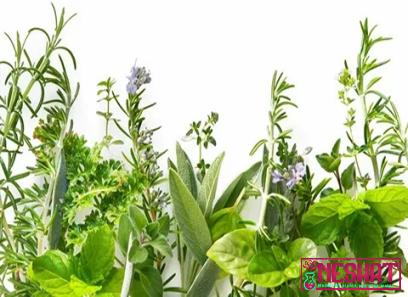 Additionally, teff has high levels of iron and other essential minerals, making it beneficial for managing anemia and iron deficiency. Businesses can explore avenues such as teff-based supplements, fortified foods, and health products targeting women and the elderly. 2. Ethiopian Myrrh (Commiphora myrrha): Ethiopia is one of the primary sources of myrrh, a resinous substance derived from the sap of the Commiphora myrrha tree. Myrrh has been used for centuries for its anti-inflammatory and antiseptic properties. It is commonly used in oral care products, skincare, and traditional medicine. Businesses can utilize the rich reserves of Ethiopian myrrh to develop natural oral care and skincare products catering to the growing demand for herbal alternatives.
Additionally, teff has high levels of iron and other essential minerals, making it beneficial for managing anemia and iron deficiency. Businesses can explore avenues such as teff-based supplements, fortified foods, and health products targeting women and the elderly. 2. Ethiopian Myrrh (Commiphora myrrha): Ethiopia is one of the primary sources of myrrh, a resinous substance derived from the sap of the Commiphora myrrha tree. Myrrh has been used for centuries for its anti-inflammatory and antiseptic properties. It is commonly used in oral care products, skincare, and traditional medicine. Businesses can utilize the rich reserves of Ethiopian myrrh to develop natural oral care and skincare products catering to the growing demand for herbal alternatives.
..
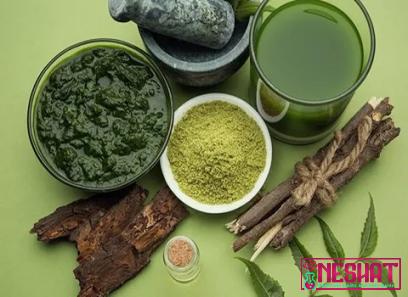 3. Neem (Azadirachta indica): Neem is a versatile medicinal plant found in Ethiopia. Its antibacterial, antifungal, and insecticidal properties make it an essential ingredient in natural pest control, skincare, and haircare products. With the rising demand for organic and sustainable alternatives, businesses can capitalize on the therapeutic benefits of neem by incorporating it into their product lines and tapping into the global market. 4. Rue (Ruta chalepensis): Known locally as “Tenaadam,” rue has been used in Ethiopian traditional medicine for its antimicrobial and anti-inflammatory properties. It is commonly used to treat digestive issues, joint pain, and respiratory ailments. Businesses can explore opportunities in the production of herbal teas, essential oils, and dietary supplements targeting digestive health and overall wellness.
3. Neem (Azadirachta indica): Neem is a versatile medicinal plant found in Ethiopia. Its antibacterial, antifungal, and insecticidal properties make it an essential ingredient in natural pest control, skincare, and haircare products. With the rising demand for organic and sustainable alternatives, businesses can capitalize on the therapeutic benefits of neem by incorporating it into their product lines and tapping into the global market. 4. Rue (Ruta chalepensis): Known locally as “Tenaadam,” rue has been used in Ethiopian traditional medicine for its antimicrobial and anti-inflammatory properties. It is commonly used to treat digestive issues, joint pain, and respiratory ailments. Businesses can explore opportunities in the production of herbal teas, essential oils, and dietary supplements targeting digestive health and overall wellness.
…
 5. Ethiopian Frankincense (Boswellia papyrifera): Ethiopia is renowned for its premium quality frankincense, derived from the Boswellia papyrifera tree. This aromatic resin has been traditionally used for spiritual, medicinal, and cosmetic purposes. The well-established global demand for frankincense provides an excellent opportunity for businesses to venture into the production of natural incense, essential oils, and skincare products. Conclusion: Ethiopia’s wealth of medicinal plants offers a plethora of business opportunities in the health and wellness industry. By harnessing the therapeutic properties of these plants, businesses can cater to the growing demand for natural remedies both locally and globally. However, it is essential to ensure sustainable sourcing practices and invest in research and development to guarantee quality products. With their unique healing properties and cultural significance, the common medicinal plants of Ethiopia have the potential to transform the health and wellness landscape.
5. Ethiopian Frankincense (Boswellia papyrifera): Ethiopia is renowned for its premium quality frankincense, derived from the Boswellia papyrifera tree. This aromatic resin has been traditionally used for spiritual, medicinal, and cosmetic purposes. The well-established global demand for frankincense provides an excellent opportunity for businesses to venture into the production of natural incense, essential oils, and skincare products. Conclusion: Ethiopia’s wealth of medicinal plants offers a plethora of business opportunities in the health and wellness industry. By harnessing the therapeutic properties of these plants, businesses can cater to the growing demand for natural remedies both locally and globally. However, it is essential to ensure sustainable sourcing practices and invest in research and development to guarantee quality products. With their unique healing properties and cultural significance, the common medicinal plants of Ethiopia have the potential to transform the health and wellness landscape.
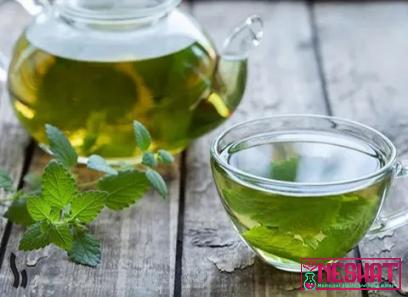
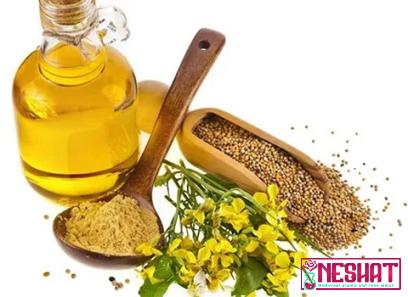
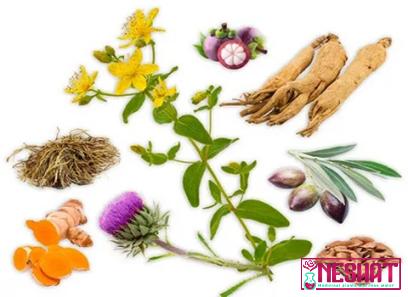
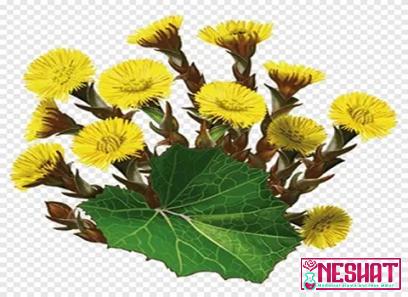
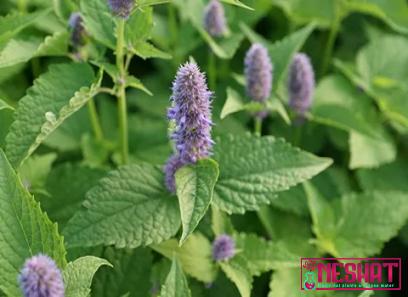
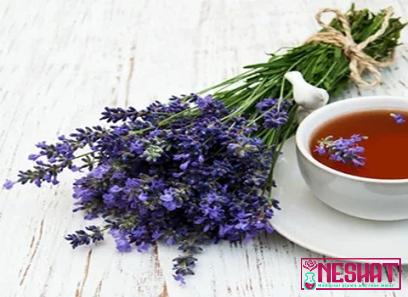
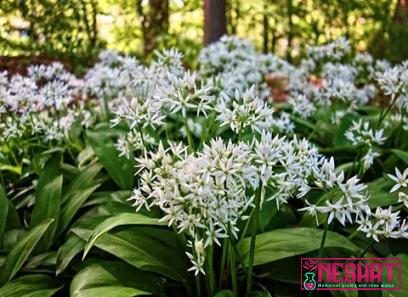


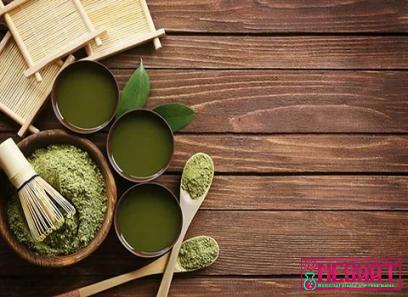
Your comment submitted.